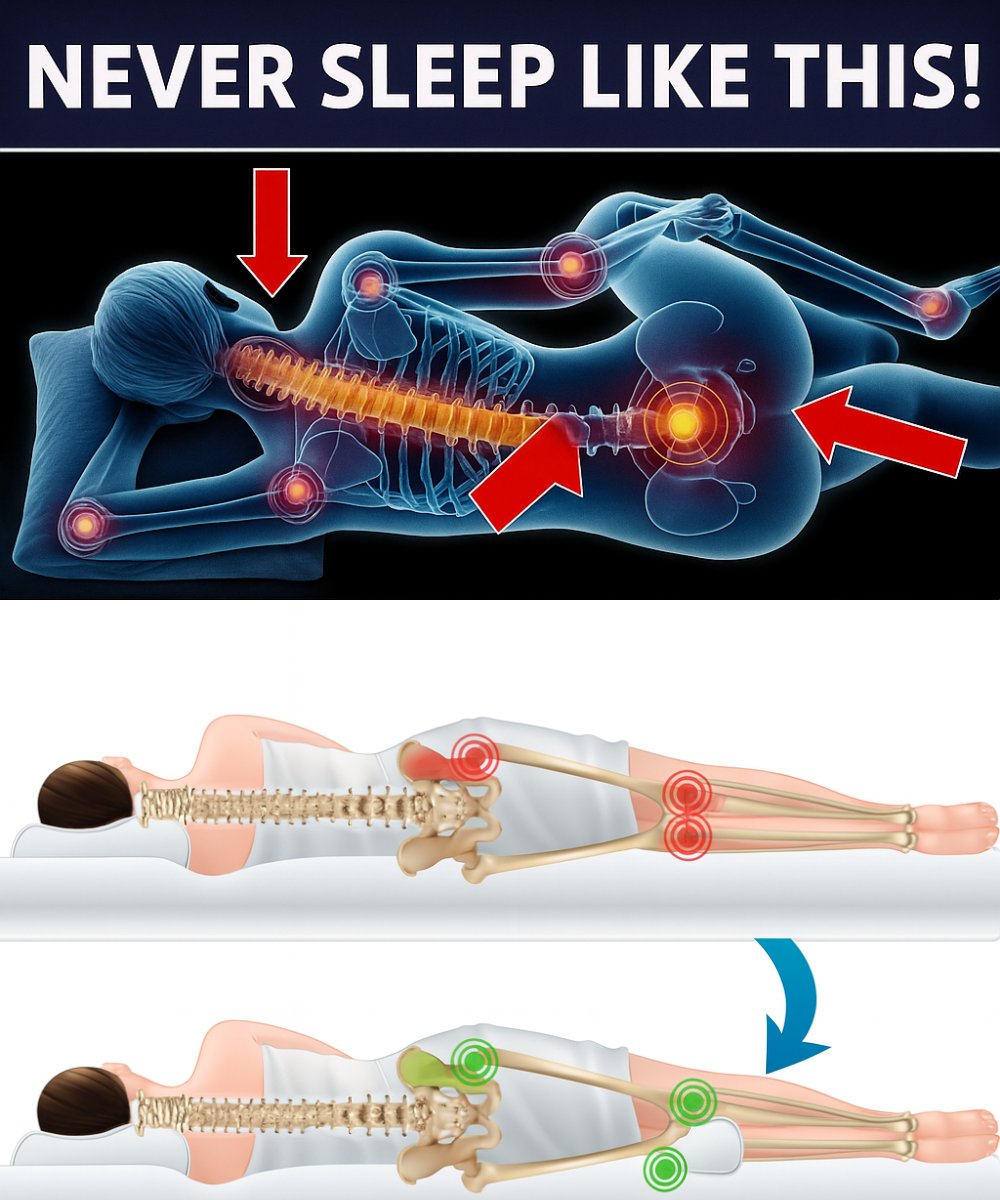A cup of coffee or a can of soda in the late afternoon might seem harmless, but caffeine has a half-life of several hours. This means that a significant amount of the caffeine you consume at 4 p.m. can still be in your system at 10 p.m., making it difficult to relax and fall asleep.
- The Fix: Stick to decaffeinated beverages after noon. Consider herbal teas or warm milk as a comforting evening alternative.
4. Using Your Bedroom as a Multi-Purpose Room
For many, the bedroom has become an office, a TV lounge, and a reading nook. This blurs the line between rest and activity. Your brain begins to associate your bed with wakefulness and stress, not with sleep. Using electronic devices like tablets or smartphones in bed is particularly harmful, as the blue light they emit can suppress the production of melatonin, the hormone that regulates sleep.
- The Fix: Dedicate your bedroom to two things: sleep and intimacy. Keep work materials, televisions, and other electronics out of the room. Create a space that is cool, dark, and quiet to signal to your body that it’s time to rest.
5. Drinking Alcohol to Help You Sleep
Many people use a glass of wine or a nightcap to relax and fall asleep, but this is a dangerous myth. While alcohol can make you feel drowsy initially, it leads to fragmented sleep later in the night. It disrupts your sleep cycle, particularly the restorative REM sleep stage, causing you to wake up frequently and feel unrefreshed in the morning.
- The Fix: Avoid alcohol at least three hours before bedtime. If you’re looking for a relaxing evening ritual, try a warm bath or a chamomile tea instead.
6. Staying Sedentary During the Day
Physical activity is one of the most powerful tools for improving sleep quality. A lack of daytime activity can lead to a buildup of nervous energy, making it hard to fall asleep at night. Conversely, regular exercise helps regulate your circadian rhythm and can reduce stress and anxiety, two major contributors to insomnia.
- The Fix: Incorporate at least 30 minutes of moderate physical activity into your daily routine. This could be a brisk walk, gentle stretching, or gardening. Just be sure to finish your workout at least a few hours before bedtime.
